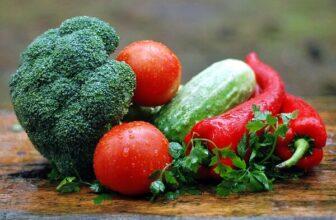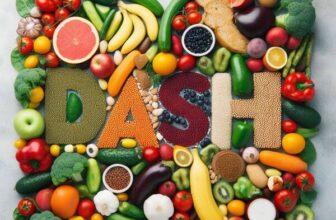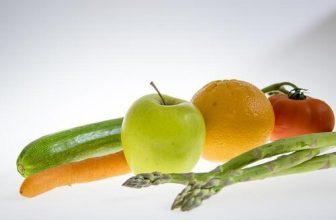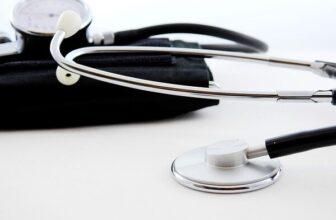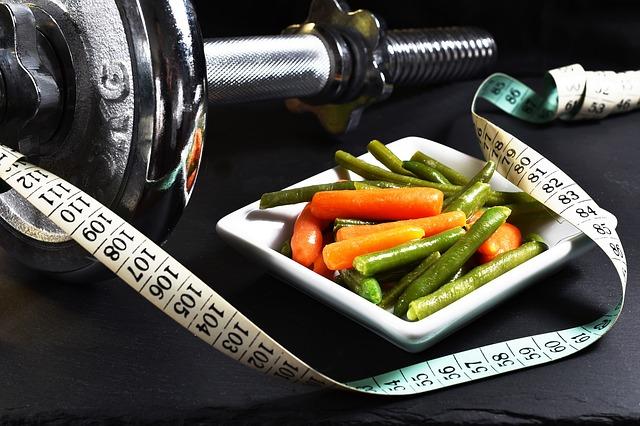
(Note: Some of the links in this post are affiliate links, and we will be compensated when you make a purchase by clicking through our links at no additional cost to you.)
It is important to remember that you are the most important person in managing your high blood pressure or hypertension. Your heart is affected by many factors: what you eat (diet), what activity and exercise you do, the climate and weather in which you love, and every medication you take (including over-the-counter medications). Your mental and emotional states also affect how your heart works. There are many things you can do to help yourself feel better, lower your blood pressure and have the best quality of life you can.
Lifestyle changes are an important part of treatment and can help slow down hypertension. They may also help control other diseases that make high blood pressure worse, such as heart disease, diabetes, or coronary artery disease. Here are the best ways you can do to lower your blood pressure:
- Lose weight if overweight (losing even 10 lbs can help) and watch your waistline.
- Increase physical activity (even just walking 30 minutes per day can help).
- Follow a healthy eating plan like the DASH Diet, that emphasizes fruits, vegetables, and low fat dairy foods.
- Choose and prepare foods with less salt and sodium.
- Reduce your added sugar intake.
- Drink caffeine beverages in moderation.
- Drink alcoholic beverages in moderation.
- Smoke in moderation, or, better yet, quit.
- Manage and reduce stress.
>>> Discover The Top DASH Diet Cookbooks To Help Lower Your Blood Pressure
Tips For Reducing Sodium In Your Diet:
- Buy fresh, plain frozen, or canned “with no salt added” vegetables.
- Use fresh poultry, fish, and lean meat, rather than canned or processed types.
- Use herbs, spices, and salt-free seasoning blends in cooking and at the table.
- Cook rice, pasta, and hot cereals without salt. Cut back on instant or flavored rice, pasta, and cereal mixes, which usually have added salt.
- Choose “convenience” foods that are lower in sodium. Cut back on frozen dinners, pizza, packaged mixes, canned soups or broths, and salad dressings — these often have a lot of sodium.
- Rinse canned foods, such as tuna, to remove some sodium.
- When available, buy low- or reduced-sodium, or no-salt-added versions of foods.
- Choose ready-to-eat breakfast cereals that are lower in sodium.
It is also a good idea to get in the habit of reading the Food Label on all food that you buy. Food labels can help you choose foods lower in sodium, as well as calories, saturated fat, total fat, sugar, and cholesterol.
Maintaining A Healthy Weight Is Very Important
Being overweight increases your risk of developing high blood pressure. In fact, blood pressure rises as body weight increases. Losing even 10 pounds can lower blood pressure. Losing weight has the greatest effect on blood pressure for those who are overweight and already have hypertension.
Being overweight or obese are also risk factors for heart disease. They increase your chance for developing high blood cholesterol and diabetes, which are two major risk factors for heart disease.
Two key measures are used to determine if someone is overweight. These are the body mass index, or BMI, and waist circumference.
BMI relates weight to height. It gives an approximation of total body fat and that’s what increases the risk of obesity-related diseases. Overweight is defined as a BMI of 25 to 29.9; obesity is defined as a BMI equal to or more than 30.
But BMI alone may overestimate body fat or inaccurately estimate total body fat in muscular persons or those losing muscle. For example, older persons have often lost muscle mass and may have more fat for a given BMI than a younger persons. So, waist measurements are often checked as well. Another reason is that too much body fat in the stomach area also increases the risk for disease. A waist measurement of more than 35 inches in women and more than 40 inches in men is considered high
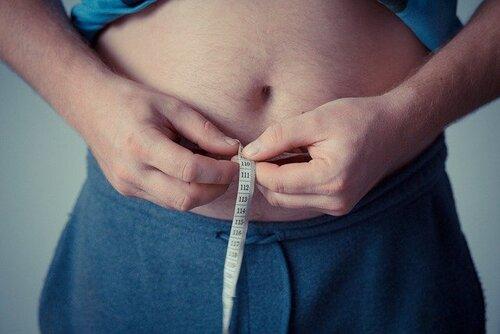
Reducing Stress
Stress can make blood pressure go up for a while, and it has been thought to contribute to high blood pressure. However, the long-term effects of stress are unclear. Stress management techniques do not seem to prevent high blood pressure. However, such techniques may have other benefits, such as making you feel better or helping you to control over-eating.
Caffeine
Caffeine in coffee as well as in other drinks, such as tea and sodas, only raises blood pressure temporarily. So you should be able to continue to have drinks that contain caffeine, unless you are sensitive to it or have heart disease and your doctor tells you not to have any. However, it is best to moderate your intake of caffeine.
If lifestyle changes alone are not effective in keeping your blood pressure controlled, there are now a wide range of blood pressure medications that can help you.
The only true way of ascertaining whether you have high blood pressure or not is by having it checked or monitored regularly using a home blood pressure monitor and tracking it with a blood pressure log. This is a painless procedure, and every adult should have their blood pressure checked regularly since your blood pressure can change over time. This way you are more likely to catch a change before it becomes dangerous. Ask your health care provider how often you need to check it.
>>> Discover The Most Accurate Blood Pressure Monitor For Home Use
Can Your Diet Lower High Blood Pressure?
Learn how healthy eating can help lower your blood pressure.




